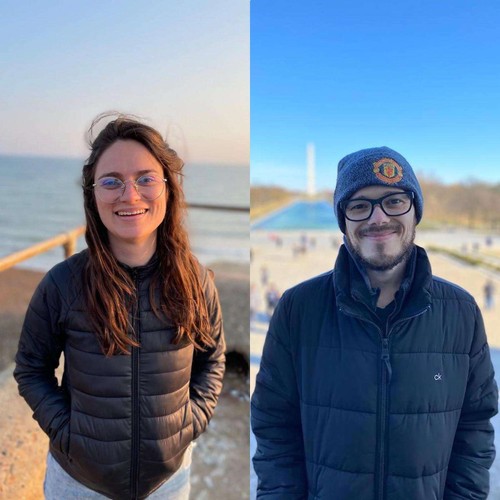
 80,000 Hours Podcast
80,000 Hours Podcast Luisa and Keiran on free will, and the consequences of never feeling enduring guilt or shame
24 snips
Sep 27, 2024 In this engaging discussion, Keiran Harris, co-host of 80k After Hours, shares his intriguing insights on free will and the ramifications of experiencing little guilt or shame. Together with Luisa Rodriguez, they explore how these emotions shape morality and personal choices. They ponder whether reduced guilt would lead people to become worse friends or citizens. The conversation also touches on 'jerk syndrome,' the nuances of love beyond agency, and practical tips for navigating heavy emotions with compassion.
AI Snips
Chapters
Transcript
Episode notes
Serial Killer Analogy
- Kieran initially questioned the concept of free will after watching a documentary about a serial killer.
- He likened a serial killer to an alligator, arguing that people wouldn't feel anger towards an alligator for acting on instinct.
Charles Whitman Case
- Kieran discusses the case of Charles Whitman, the clock tower killer, who killed 14 people and himself.
- An autopsy revealed Whitman had a tumor pressing on his amygdala, a brain region associated with aggression.
Tumors All the Way Down
- Kieran argues that Charles Whitman's tumor is not unique.
- He believes all actions are caused by prior events, effectively "tumors all the way down."
